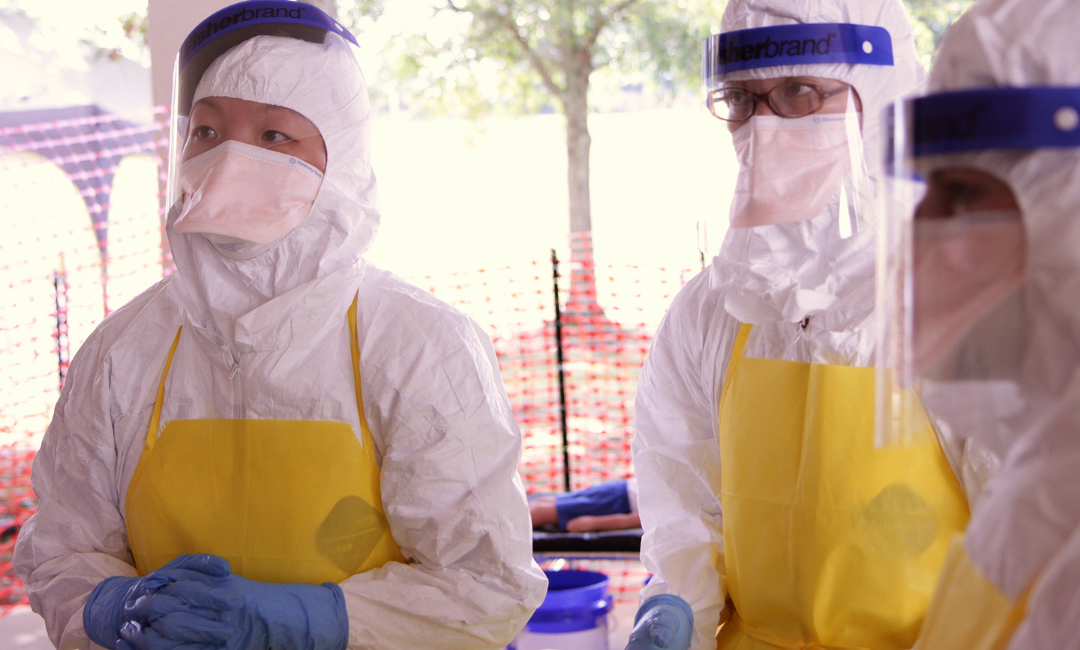The Study on Trauma-Informed Training
PMHNPs participated in a Trauma Resource Institute training program that incorporated “resiliency strategies into their clinical and self-care practices,” according to a Clinical Advisor report.
The Trauma Resiliency Model teaches skills that help people navigate “traumatic stress reactions” by focusing on the “biological basis of trauma” and survival response. Meanwhile, the Community Resiliency Model focuses on training community members to help themselves and others with the goal of resetting “the natural balance of the nervous system.”
Grounding and self-regulation were found to be “most impactful for clinical practice,” while those techniques along with breathing, resourcing, grounding, and self-regulation were beneficial for self-care, Clinical Advisor stated. However, some participants also believe the techniques would be helpful for patients.
One PMHNP who works at a county jail said she hopes to bring the skills she’s gained through the study to her job.
“We have a detox program and provide psychiatric care,” the participant stated in the study. “I am the first PMHNP at the jail and working to initiate CRM strategies at this time.”









